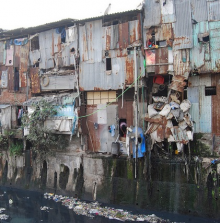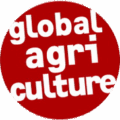
Global inequality is reaching new extremes with the world’s richest 62 people owning as much as the planet’s poorest half put together, new research shows. The report “An Economy for the 1%”, published by Oxfam ahead of the annual gathering of the world’s financial and political elite at the World Economic Forum in Davos, Switzerland, found that the wealth of the poorest 3.5 billion people has fallen by a trillion dollars since 2010. This 41% drop occurred although the world population increased by 400 million people during that period. At the same time, the wealth of the richest 62 people has increased by more than half a trillion dollars to $1.76 trillion, an increase of 44%. Oxfam’s calculations are based on the Forbes’ billionaires list. According to these figures, the number of people whose wealth is equal to that of the poorest half of the world’s population is getting smaller each year, down from 388 in 2010 and 80 people last year. “It is simply unacceptable that the poorest half of the world’s population owns no more than a few dozen super-rich people who could fit onto one bus,” Oxfam’s International Executive Director, Winnie Byanyima, said in a press release. “The richest can no longer pretend their wealth benefits everyone – their extreme wealth in fact shows an ailing global economy. The recent explosion in the wealth of the super-rich has come at the expense of the majority and particularly the poorest people”, Byanyima added. Although the number of people living in extreme poverty halved between 1990 and 2010, the average annual income of the poorest 10% has risen by less than $3-a-year in the past 25 years, an amount equivalent to an increase in individuals’ daily income of less than a single cent per year. The report also shows how women are disproportionately affected by inequality. Oxfam says urgent action is needed to tackle the inequality crisis if the Sustainable Development Goal of eliminating extreme poverty by 2030 is to be met. A precondition for this is that governments are able to collect the taxes they are owed from companies and rich individuals. The organisation therefore calls for an end to tax havens which is fuelling economic inequality and preventing hundreds of millions of people lifting themselves out of poverty. According to Byanyima, “We cannot continue to allow hundreds of millions of people to go hungry while resources that could be used to help them are sucked up by those at the top.” (ab)
